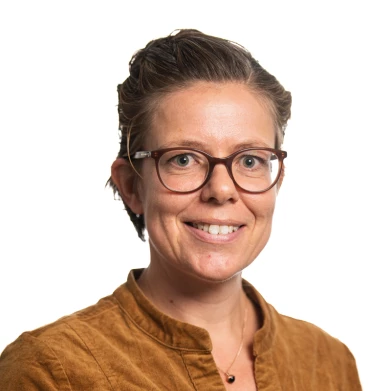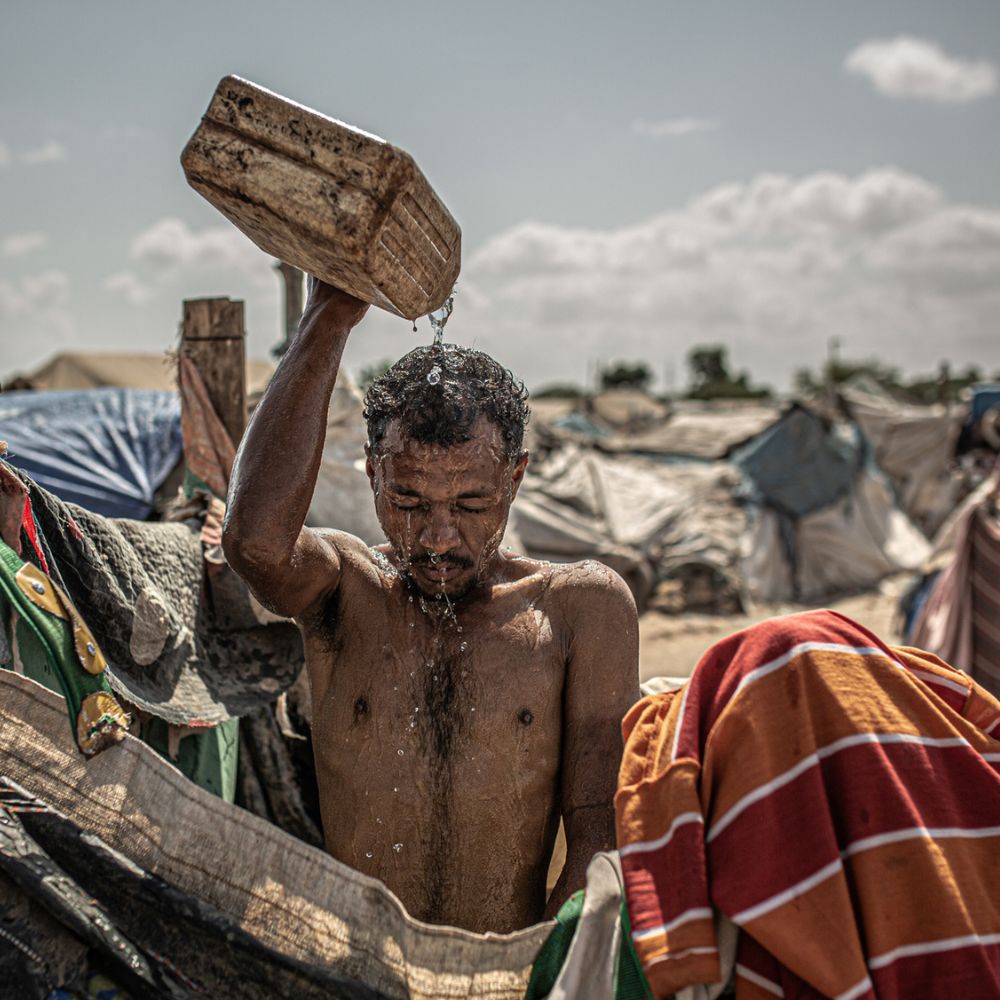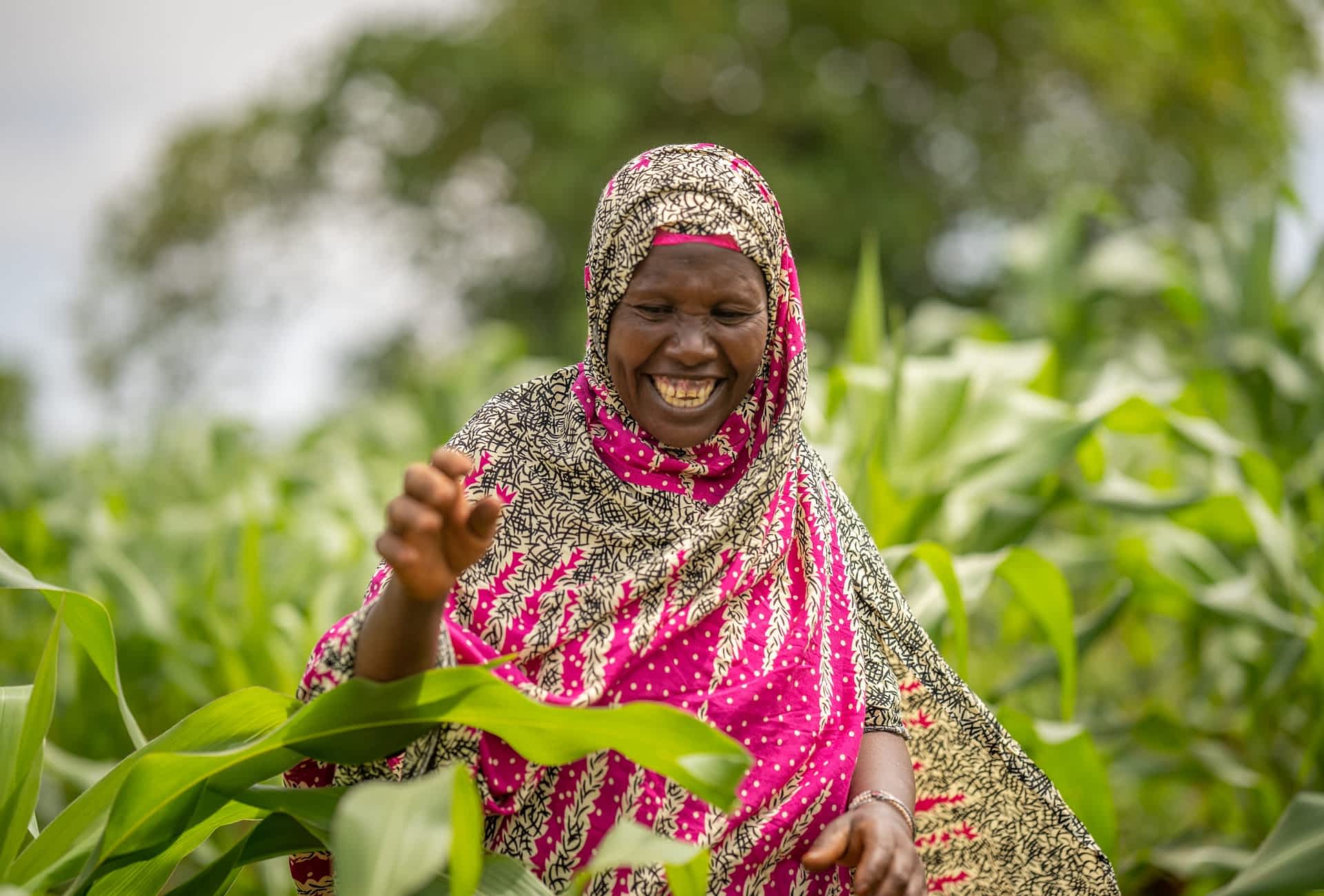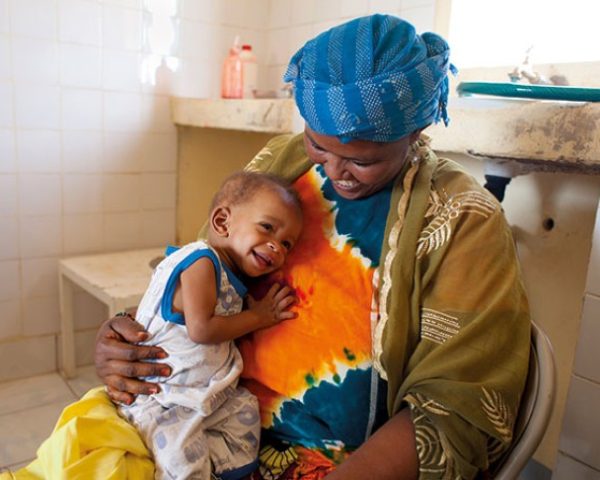Promotion of decent work and sustainable business development in Bekaa, Lebanon
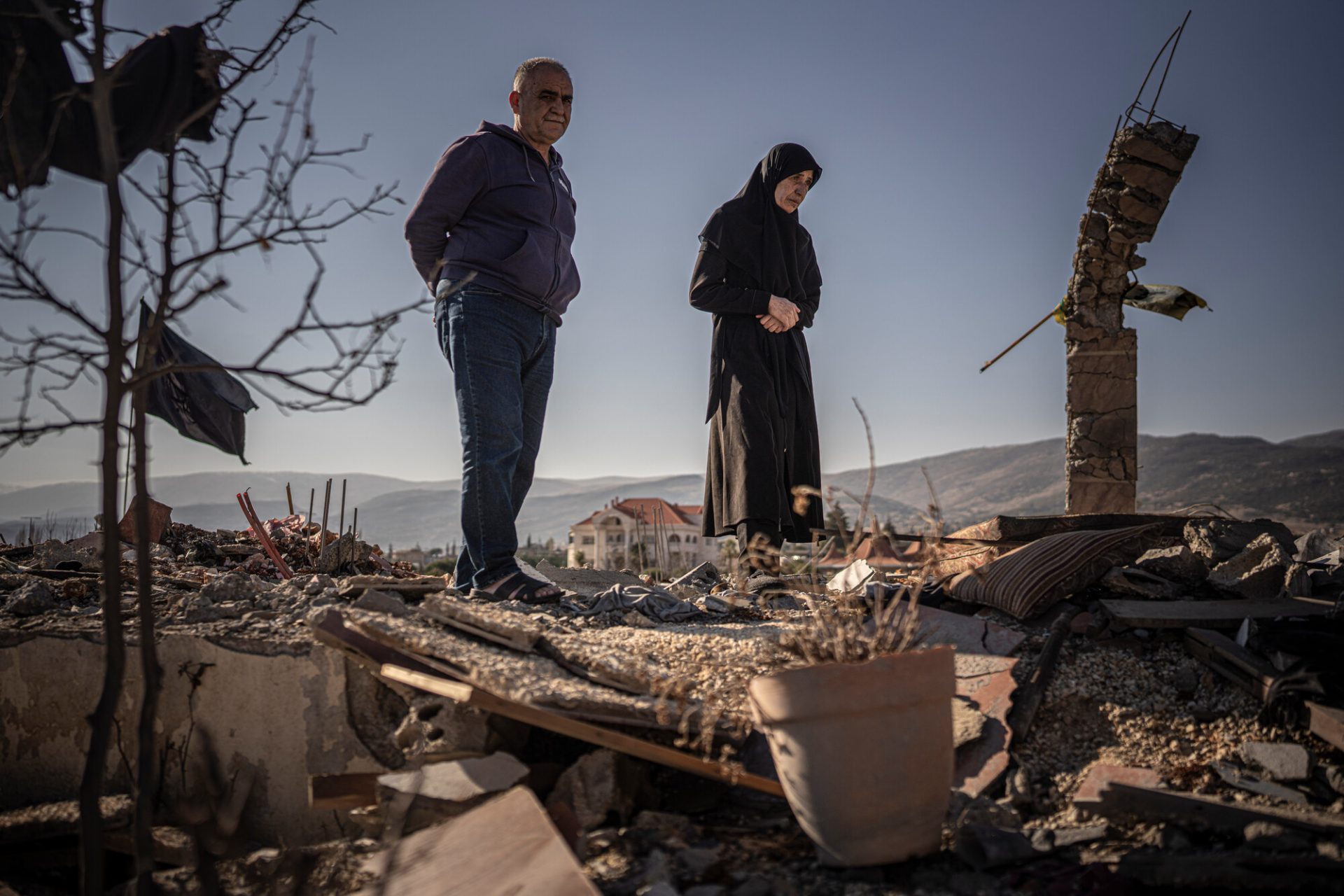
Political and economic instability in Lebanon has spiralled deeper in the aftermath of Covid-19 and the Beirut port explosion in 2019. The financial crisis has hit the country hard. The incomes of residents and local businesses have depreciated whilst inflation has sky-rocketed, making basic commodities such as food and fuel unaffordable.
In addition, the labour market in Lebanon is highly informal, without explicit employment contracts or social security. Obtaining a work permit is especially difficult for foreign workers, and so refugees in Lebanon face the worst of these conditions, restricted to informal labour in agriculture, construction and cleaning services.
92% of refugee workers have no work contract, they work long hours for low wages, often in hazardous conditions. Women are also excluded from the labour market with only 1 in 5 women actively employed despite their high levels of education.
With the culmination of these factors, 74% of Lebanon’s population now lives below the poverty line.
The project
Citizens and CSOs in Lebanon are uniting to make a difference in the labour market. In response to the dire economic conditions, unions are being created to push for increased labour rights. Promoting this movement, Oxfam provides capacity building training to the My Work My Rights! Network of CSOs.
Through our local partners we also provide small and medium sized businesses with technical support to strengthen themselves financially and ensure working conditions are upheld, creating a monitoring framework for a decent work agenda and the reporting of workplace violations.
This project focuses on the Bekaa region which runs along Lebanon’s border with Syria. It is one of Lebanon’s most vulnerable regions, hosting 38.6% of Syrian refugees and experiencing high levels of extreme poverty. We contribute to a decent and economically sustainable business environment for the displaced populations and host communities in the region.
This project is supported by the Regional Development Protection Program with 12,700,000 DKK.
Country: Lebanon
Pia Dyrhagen
Interim International Programme Director
International Programme
